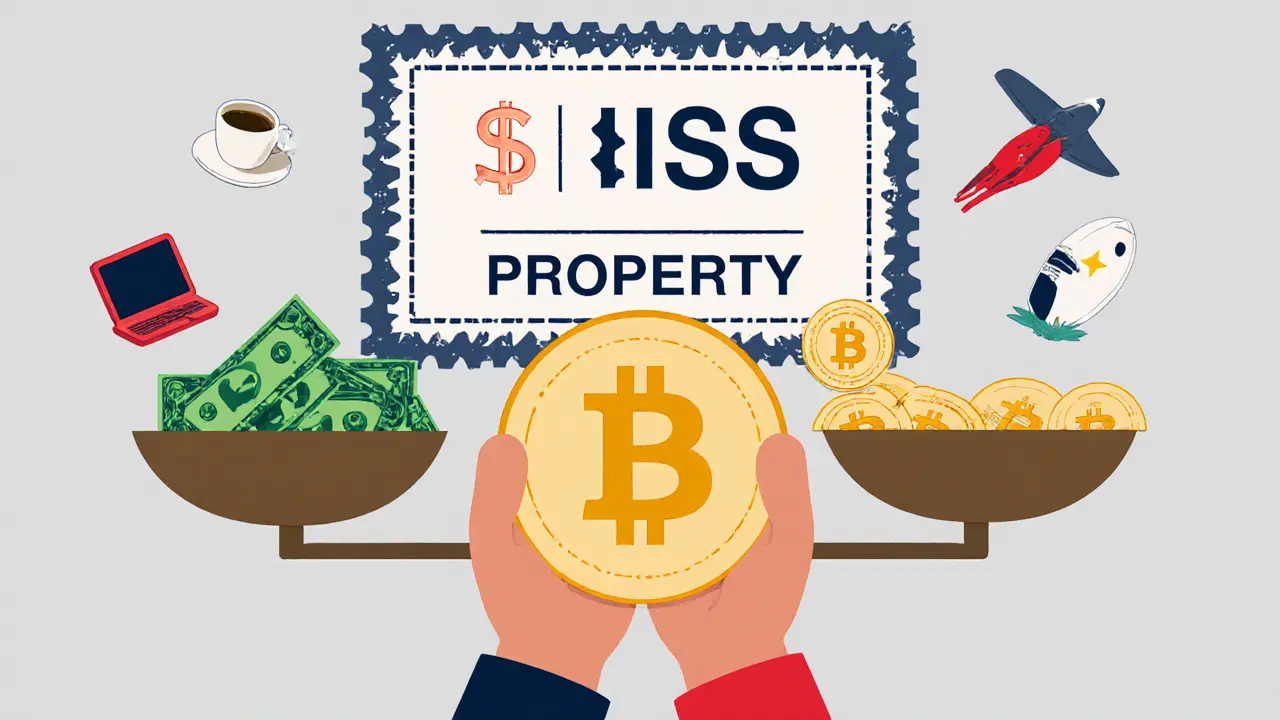Bitcoin Tax: What You Owe, When to Pay, and How to Avoid Mistakes
When you buy, sell, or trade Bitcoin, a decentralized digital currency that operates without a central bank. Also known as BTC, it's treated as property by the IRS, not money. That means every time you sell Bitcoin for cash, trade it for another coin, or even use it to buy coffee, you might owe taxes. It’s not about how rich you feel—it’s about what you actually did with your coins.
Most people don’t realize that even swapping Bitcoin for Ethereum counts as a taxable event. The IRS doesn’t care if you didn’t cash out—you still triggered a capital gain or loss based on the cost basis, the original price you paid for your crypto, including fees. If you bought 0.1 BTC for $3,000 and sold it later for $5,000, you owe tax on the $2,000 profit. Same goes for gifts and inheritances: starting in 2025, you must report those on Form 1099-DA, a new IRS form designed to track digital asset transactions. No form? No excuse. The IRS is now cross-checking exchange data and wallet addresses like never before.
And it’s not just about selling. Mining Bitcoin? That’s income. Getting paid in Bitcoin for freelance work? That’s taxable income too. Even airdrops and staking rewards count. You’re not just tracking prices—you’re tracking every single movement of your crypto. That’s why tools that auto-calculate cost basis and generate tax reports aren’t optional anymore. People who guess or use spreadsheets end up underpaying—or worse, getting flagged.
Some think if they didn’t withdraw to a bank, they’re safe. That’s a myth. The IRS doesn’t need your bank statement—they have your exchange records, on-chain data, and even third-party reporting. If you traded on Binance, Coinbase, or even a small DeFi platform, they know. And if you used a non-KYC exchange? That doesn’t hide you—it just makes it harder to prove your records later.
What you’ll find here are real, practical breakdowns of how Bitcoin tax applies to real situations: scams that look like airdrops, failed exchanges that left people with taxable losses, inheritance rules that trip up even experienced holders, and how countries like Vietnam and Kuwait handle crypto differently. No fluff. No theory. Just what you need to know to stay compliant—and avoid penalties that could cost you more than your original investment.
Crypto as Property: US Tax Treatment for Bitcoin
The IRS treats Bitcoin as property, not currency, meaning every trade, spend, or swap triggers a taxable event. Learn how capital gains, record-keeping, and airdrops affect your tax bill in 2025.





